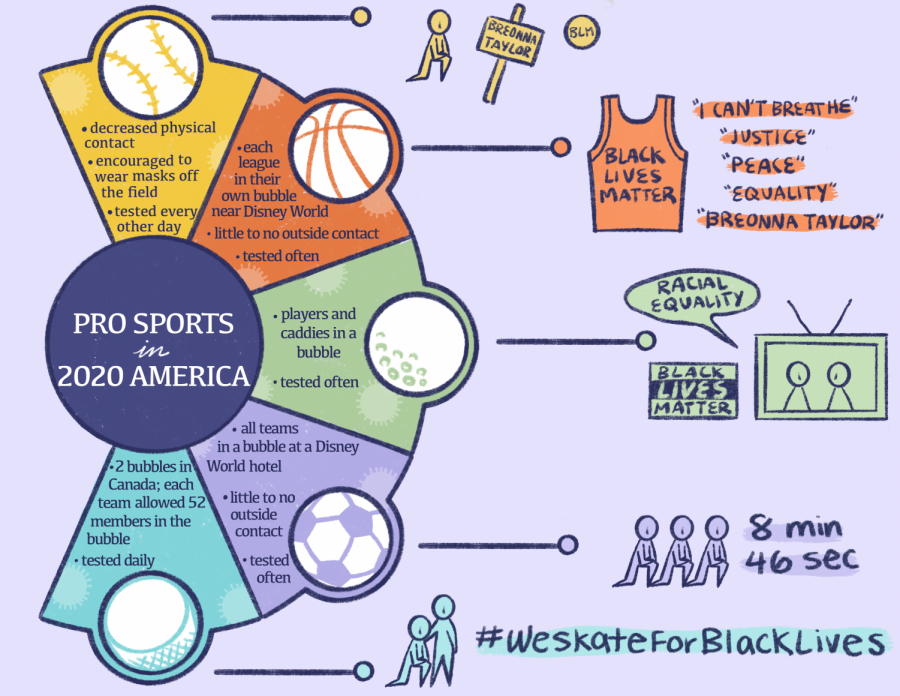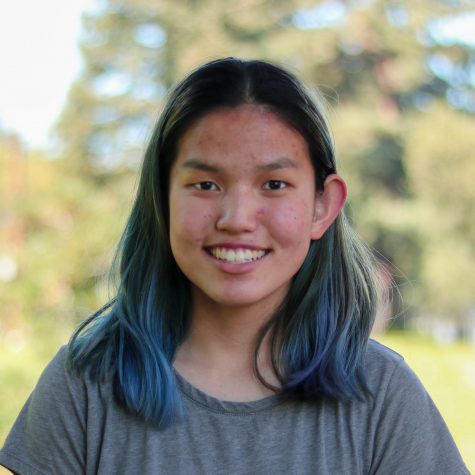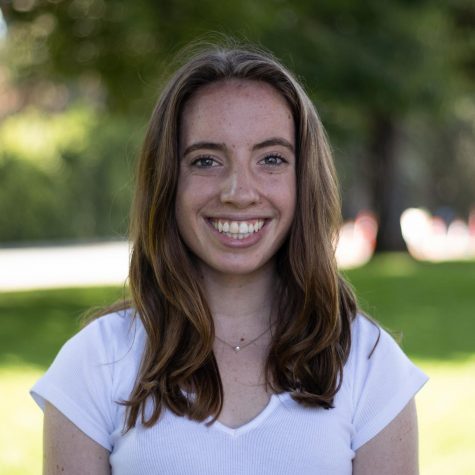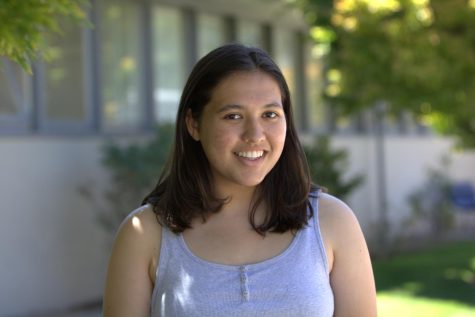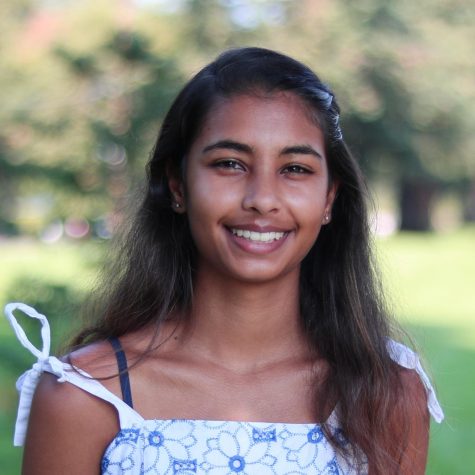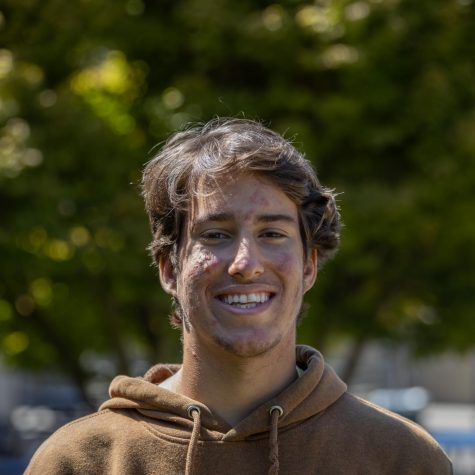Professional Sports in 2020 America
August 17, 2020
The COVID-19 pandemic disrupted countless daily activities, including sports. While high school sports are still waiting to restart, professional sports have taken to the courts, diamonds, grounds, rinks and fields with new health and safety precautions, as well as different responses to the Black Lives Matter movement. Keep reading to learn more about the return of the NBA, WNBA, MLB, PGA, NHL and MLS and how each of these teams are adjusting to these unprecedented times.
Basketball: NBA and WNBA
Similarly to other professional sports in America, the National Basketball Association (NBA) and the Women’s National Basketball Association (WNBA) have had to work around the pandemic. Both groups are quarantined in Florida, with the NBA at the Walt Disney World Resort in Orlando and the WNBA at the IMG Academy in Bradenton.
The NBA season started last year on Tuesday, October 22, and was scheduled to end this year on Wednesday, April 15. Due to the COVID-19 pandemic, however, the NBA announced that it was suspending its season on Wednesday, March 11. Since the season was cut off midway through, the league planned to resume where they left off on Thursday, July 30.
The 22 teams eligible for the NBA playoffs — 13 from the Western Conference and 9 from the Eastern Conference — are staying in a group of Disney World hotels with little to no outside contact, also called “The Bubble”. When teams first arrived, only players and a limited number of staff were allowed. However, as of last Wednesday, players are allowed to have guests enter the bubble, but only if they have a previously established relationship with them.
Upon arriving in Orlando, NBA players and staff had to self-isolate for 48 hours until they received two negative COVID-19 test results in a row. From July 7 to July 9, NBA teams flew into Orlando and had team training camps from July 9 to July 21.
The WNBA season was scheduled to start in May but was postponed until Saturday, July 25. As a result, the first tip off of the season was at the IMG Academy. The league is currently aiming for a 22-game season.
The WNBA is quarantining in its own bubble, also known as “The Wubble,” which includes all 12 teams staying at the IMG Academy. Between Sunday, June 28, and Sunday, July 5, the league tested 137 players for COVID-19 and found seven positive results. As of Monday, August 10, there have been no new cases of COVID-19 in the bubble. The teams reported to the IMG Academy on Thursday, July 6, and started training camps on Friday, July 10.
During this tumultuous time, both leagues are using their platforms to support and spread awareness of the Black Lives Matter movement. NBA players had the option to choose from 30 preselected social justice terms to have on the back of their jersey, including “Black Lives Matter,” “I Can’t Breathe,” “Justice,” “Peace” and “Equality.” In Bradenton, the WNBA players wear the name “Breonna Taylor” on the back of their jerseys as a way to dedicate their season to the 26-year-old EMT killed by law enforcement. Both leagues’ courts sport the bold, black letters “Black Lives Matter.”
Fans may not be allowed in the stadiums just yet, but like all of us, the leagues are trying to make the most out of a situation that is far from ideal. However, if you have your heart set on being a part of the action, you can try your luck at securing one of the 320 virtual seats offered for each NBA game over Zoom. Your face will be seen, your cheers will be heard and you can enjoy all the snacks from the comfort of your own couch.
More information on the seasons and their schedules can be found at the NBA’s website and the WNBA’s website.
Baseball: MLB
Major League Baseball (MLB) has been quick to get back in the swing of things following the outbreak of COVID-19, but not without significant changes.
Compared to other professional sports leagues, MLB has not been the most effective example of following proper COVID-19 safety measures. The season, which started on Thursday, July 23, has been riddled with postponements due to COVID-19 outbreaks. Players on the Cincinnati Reds, St. Louis Cardinals, Miami Marlins and Philadelphia Phillies have all tested positive as of Saturday, August 15.
However, many changes to the season organization and updates to safety precautions have been made in the hopes to lessen the spread of the virus. Each team will play 10 games against each of their four divisional opponents and 20 interleague matches in the same division. Postseason games will be organized into a 16-team tournament instead of the usual 10-team tournament.
At the beginning of the season, teams selected a 60-man pool of players from which they could choose a 30-man roster.
The MLB has also come out with a 2020 operations manual, which has an emphasis on contact tracing, quick testing, and minimizing contact as much as possible. Some examples of the precautions include teams not being allowed to eat at restaurants on road trips, shower at ballparks or change into their uniforms at the stadiums.
Along with the schedule changes, the actual rules of the game have been altered. Changes to the concept of a designated hitter, the extra innings rule, the allowance of players spitting or licking their fingers while playing have all been made.
Rulebook alterations are not the only changes in baseball that have made history this year. Although social and political activism is rare in MLB history, many MLB players have been active in recent Black Lives Matter protests.
On the opening day of the 2020 season, the Washington Nationals and New York Yankees both showed their support for the BLM movement when their players held a banner and then took a knee for 60 seconds of silence. On the same night, both the Nationals and the Los Angeles Dodgers stamped a BLM logo onto their fields’ pitcher’s mounds. Players on the Nationals, Yankees, Dodgers and San Francisco Giants all have worn BLM patches on their uniforms.
The protesting has received mixed responses, as some fans criticize the MLB for mixing politics with entertainment. Still, most teams remain dedicated to the cause.
The future of the 2020 MLB season is uncertain, as games have currently been postponed due to the recent COVID-19 cases on the Cincinnati Reds. However, one thing is clear: from rule modifications to the previously rare support of activism movements, change is always possible and likely right around the corner for MLB.
More information on the season and its schedule can be found at the MLB website.
Golf: PGA
On Thursday, June 11, the Professional Golf Association (PGA) tour resumed, making it the first pro-league tour to occur since the COVID-19 pandemic. The PGA tournament was postponed on Thursday, March 12, amid health and safety concerns, but has returned with strict rules and regulations as to how to deal with the virus.
PGA officials stated that although no spectators would be allowed to view the tournament in person, the footage would be streamed live for people to watch from their own homes. The PGA Tour provided several resources to golfers and caddies, such as at-home testing kits and on-site gyms to minimize exposure and control the spread of COVID-19. There were also several detailed guidelines which participating golfers were expected to follow:
- If a golfer has tested positive for COVID-19 and experiences the symptoms, they must self isolate for 10 days per CDC guidelines. Then, they will be allowed to compete after their most recent test comes back negative.
- If a golfer has tested positive, but has not shown any symptoms, they must take two more tests, a minimum of 24 hours apart. If those come back negative, the golfer will be able to compete, because the initial test displayed a false positive.
- If a golfer tests positive, and they have not been following the PGA’s Participant Resource Guide, they will not be allowed to compete.
- Participants traveling through the charter plane sponsored by the Tour will have to get tested twice, both before and after they arrive.
PGA officials also announced that players and caddies were going to be kept in a “bubble” as they traveled for the tournament. They got tested before and after flights to ensure safety and ceased contact outside of the bubble. Officials revealed that there was a priority system for the number of plane seats available: All golfers got priority over caddies, and higher ranked golfers got first pick at seats.
The tournament ended on Sunday, August 9, with Collin Morikawa coming out on top as the champion. The 23-year-old’s victory made him one of the four youngest PGA Championship winners since during World War II in 1954.
The PGA has also expanded its platform to talk about more than just golf. In light of the recent Black Lives Matter movement, PGA commissioner Jay Monahan released a statement on Friday, June 5, regarding the murder of George Floyd and discussed how he spent a week reflecting on how the golf community could expand its reach and diversity. Some players, including Tiger Woods and Tony Finau, took to their personal social media accounts to support the movement.
It is clear that 2020 has brought some major changes to the PGA’s system and platform. Although the pandemic complicated the logistics of the PGA tournament, there was a silver lining: PGA officials reported that, because golf was the only professional sport being televised at the time of the tour’s opening, the number of people watching golf reached an all-time high. In consideration of the unusual circumstances, the 2020 PGA championship was a hole-in-one for the golf community.
More information on the season and its schedule can be found at the PGA Tour’s website.
Ice hockey: NHL
National Hockey League (NHL) players are familiar with wearing masks — hockey masks while they’re on the ice and now, cloth masks when roaming the secure zone, or the “bubble.”
The 2019–2020 season reopened with the Stanley Cup qualifiers starting Saturday, August 1, and playoffs began Tuesday, August 11. The traditional 16-seed playoffs will occur with some twists. Taking place in two Canadian hub cities, all Eastern Conference games will be held in Scotiabank Arena in Toronto while Western Conference games will be at Rogers Place in Edmonton.
Edmonton and Toronto each have a bubble inside which players, coaches and other staff are expected to remain. The NHL administered 7,245 tests between Sunday, August 2, and Saturday, August 8, none of which yielded positive results.
Each team is allowed a maximum of 52 people inside the bubble, including ownership, players, coaches, executives and staff. All 52-person parties are tested daily, and a touchless biometric identification system takes players’ temperatures and tracks other health information. Additionally, strict social distancing and cleaning protocols are followed in the hotels and arenas.
Before the first game of qualifiers — between the Edmonton Oilers and Chicago Blackhawks — started, the NHL held a reopening ceremony to recognize some of the ways the world had changed since March. The players huddled in a circle on the ice as the names of front-line health care workers and social justice activists were read out loud, while the NHL’s new hashtag for racial equality — #WeSkateForBlackLives — lit up screens around the arena.
Then, Minnesota Wild defenseman Matt Dumba, a key member of the Hockey Diversity Alliance (HDA), made a speech demanding more action against racism in hockey and in the world. He then became the first NHL player to kneel during the American National Anthem, with Blackhawks goaltender Malcolm Subban and Oilers defenseman and alternate captain Darnell Nurse showing solidarity by placing a hand on each of Dumba’s shoulders. Nonetheless, Dumba, a Canadian, was the only one kneeling.
Although it has taken a stance against racism, the NHL is widely criticized for its reluctance to say “Black Lives Matter.” However, due to Dumba’s actions, the creation of the HDA and the decisions of the newest NHL team: Seattle Kraken, things are starting to change.
The NHL’s 32nd team has a page on their official website dedicated to providing resources for taking action, donating and learning about the Black Lives Matter movement. On Friday, August 7, the Seattle Kraken announced Everett Fitzhugh as the team’s announcer, making him the NHL’s first black full-time play-by-play broadcaster.
While the NHL has become an example for other sports in terms of dealing with COVID-19, they have ample room to grow in terms of publicly supporting racial justice and equality. In that department, it might be best for them to turn to other professional leagues for some pointers.
More information on the season and its schedule can be found at the NHL’s website.
Soccer: MLS
The COVID-19 pandemic has impacted almost every corner of America — including every soccer field. Finding itself in uncharted territory, America’s Major League Soccer (MLS) was forced to postpone its season, establish a new tournament and adapt to new match environments.
The MLS season would normally take place until Sunday, October 4, with playoffs finishing on Saturday, November 7. Due to the pandemic, however, this year’s season has been suspended since Thursday, March 12. After safety precautions were worked out, the MLS regular season will return on Saturday, August 22. The MLS playoffs will also continue their new format from last year, which features single-elimination matches, and is set to begin on Saturday, December 12.
In light of the season’s interruption, a one-time tournament — the “MLS is Back Tournament” — was formed, beginning on Wednesday, July 8, and taking place in Orlando, Fla., at Disney World, where all teams would be put together. Oregon’s Portland Timbers were named champions last Tuesday, August 11. With 24 teams and over 2,000 people, including players, coaches and assorted staff, quarantining everyone in a “bubble” proved to be a serious undertaking.
Once members of the bubble arrived at the Walt Disney World Swan & Dolphin Hotel, all players were tested immediately. They were also tested every other day for the next two weeks. Almost 20 cases of COVID-19 were reported across the two weeks period, and those that tested positive were put in isolation and removed from their team’s hotel floor.
Like other top soccer leagues around the world, MLS matches had little to no spectators. Although MLS tried to relive a regular match experience by featuring various virtual ads and broadcast sponsorships on the field, everything was at odds for TV viewers; the sounds of passion and excitement from thousands of fans was missing. On Wednesday, August 12, MLS permitted Texas’s FC Dallas team to fill 25% of its stadium with fans, but the stadium only reached 14% capacity on match day. It seems unlikely for the near future that we’ll see a crowded stadium.
MLS has also used their platform to support the Black Lives Matter movement. Before the first returning MLS match on Wednseday, July 8, following the Thursday, March 12 suspension, nearly 200 players held a moment of silence for eight minutes and 46 seconds to protest the murder of George Floyd. Players kneeled with black colored gloves and masks, some choosing to raise their right fists. In subsequent matches, many players wore pre-game jerseys that said “Black Lives Matter” across the front.
MLS, like other professional sports in America, has had to work around the pandemic, but they’ve certainly taken a kick forward in the right direction. No one knows for certain how long it will take until thousands of fans can visit stadiums again, but until then, we can enjoy games from the comfort of our own homes.
More information on the season and its schedule can be found at the MLS website.

